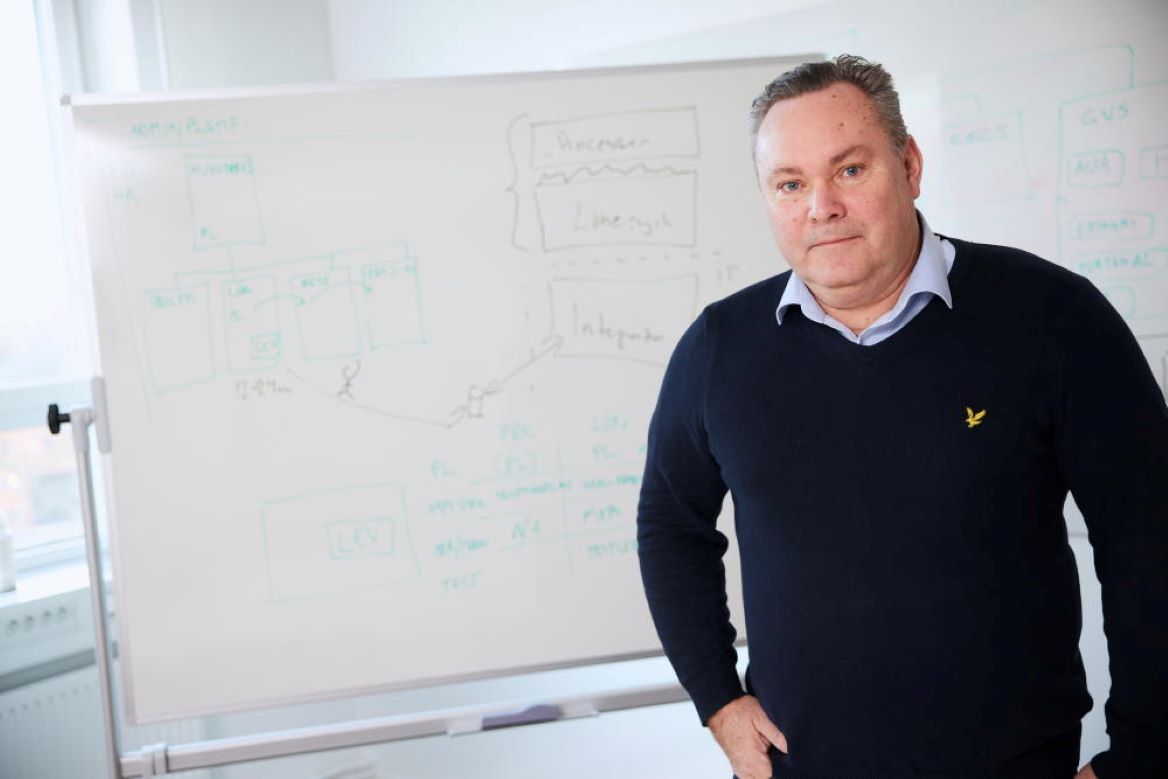
Digitalisation means that an organisation integrates digital technologies into social or organisational processes in order to improve and streamline its operations.
It is not just about automating and improving existing processes and ways of working, but about completely changing or dismantling existing processes and ways of working with the help of technology. To address these challenges, we need to move from the traditional infrastructure perspective on IT investments to see how we can best use the organisation’s data and the skills of its staff.
We are currently undergoing the most extensive development of our systems support since the late 1990s. We are building better support for research data, collaboration tools, planning and budgeting, HR, examinations, study administration and much more. It is my ambition that we establish a close dialogue on the implementation of these projects. We have established a systematic way of working where we do so-called user journeys that are based on describing the work, needs and experiences of different roles such as teachers, researchers and students.
This enables us to identify what actually makes our work more efficient, without simply shifting the workload to someone else. It also enables us to focus our solutions on challenges and capabilities that can provide significant benefits and competitive advantages for KTH’s education and research. All this is based on both the University Administration and academia finding each other and collaborating.
What gives me energy at KTH is that as soon as we know the goals and direction, and tackle conditions and obstacles together, I know that we can implement changes both quickly and qualitatively, like no other organisation I know of.
Hans Wohlfarth, Head of IT
